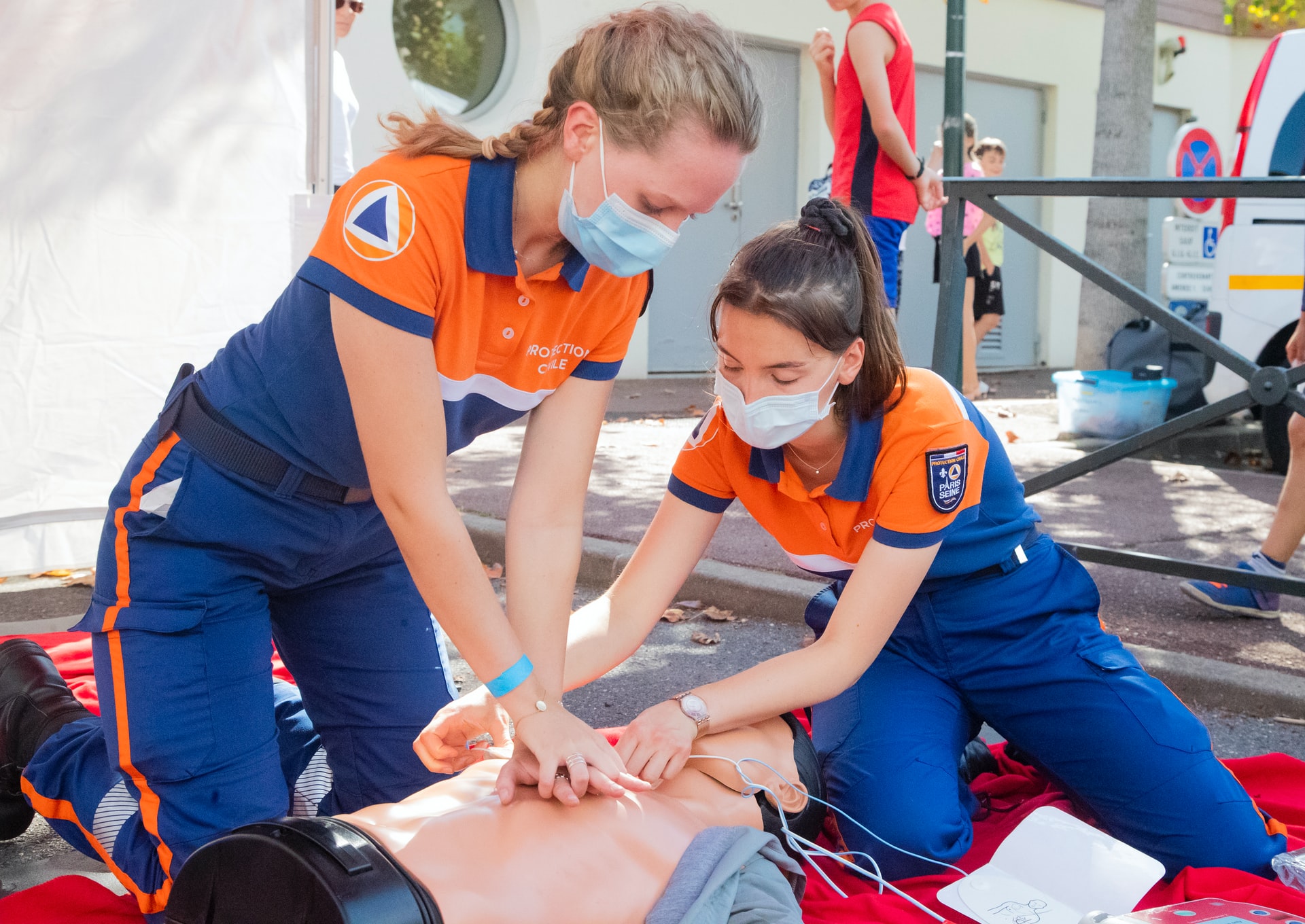
The Biggest Diseases Plaguing The World Today
4 of the biggest diseases that are plaguing the globe today
Contrary to popular belief, the deadliest diseases aren’t fast-acting and incurable ones; they are slow-progressing diseases. Though some conditions may make more headlines than others, their mortality rates are low when compared to fast-acting and incurable diseases. A good example is prostate cancer, though it makes headlines on a daily basis, only 1.7 million cases were reported in 2018. In fact, prostate cancer treatment has been found to be successful with over 98 per cent of all diagnosed patients still surviving ten years down the line.
However, The Daily Telegraph states that over a quarter of all annual deaths in 2015 were not down to these headlined cases, but down to both heart diseases and stroke. It gets more mind-boggling when you learn that both heart diseases and stroke have caused over 15 million deaths in the past 15 years – the highest of any other diseases. With records obtained from WHO, these four diseases claimed more lives in 2015 than any other illness in the globe.
Ischemic heart disease
According to statistics released by the Centers for Disease Control and Prevention, Ischemic heart disease has been the number one killer for over 80 years. Coronary Artery disease is a condition where plaque obstructs the coronary artery from receiving blood and nutrients. Though a leading killer, the ISD mortality rate is gradually decreasing among developed countries due to better healthcare and prevention mechanisms. Howbeit, it remains the leading killer among developing nations.
Causes of Ischemic heart disease
- High blood pressure
- Smoking
- High cholesterol levels
- Diabetes
- Sedentary lifestyle
Treatment options
- Lifestyle changes
- Use of drugs such as calcium channel blockers and cholesterol-modifying medications
- Aggressive treatments such as Coronary bypass surgery
Stroke
When an artery in your brain bursts or gets blocked, it deprives the cells around your brain of oxygen and nutrients; hence causing them to die. During this episode; the abilities around your brain get lost. These abilities may include muscle control or memory.
Causes of stroke
- Formation of a blood clot around your brain’s artery – thrombotic stroke
- Formation of a blood clot in any other area apart from your brain or what is called an Embolic stroke
- Another cause is the leaking of blood around your brain or when an artery ruptures- hemorrhagic stroke
- Transient ischemic attack – this is when you experience symptoms similar to those of a stroke and if this happens they only last for a short period.
Treatment options
- Tissue Plasminogen Activator – this is the only FDA-approved treatment for ischemic stroke. It works by dissolving the clot and improving blood flow
- Endovascular procedure – this is the most recommended treatment option. It involves sending a caged wire to the part of the blood vessel that has a clot.
Lower respiratory infections
With over 3.2 million deaths associated with lower respiratory infections such as pneumonia and bronchitis; W.H.O. places it as the third deadliest infection. These are infections that affect the respiratory airways.
Causes of lower respiratory infections
The two major causes of lower respiratory infections are
- Bacteria
- Viruses
Treatment options
- Humidified oxygen
- Over-the-counter non-steroidal anti-inflammatory drugs
- Intravenous fluids
- Antibiotics
- Ventilation support
Chronic obstructive pulmonary disease
Number four is a chronic obstructive pulmonary disease. This is a condition where individuals experience difficulty in breathing. COPD is a long-term lung disease that is caused by several factors such as smoking and fumes. In 2015, COPD was estimated to cause over 3.17 million deaths in the world; this is according to the World Health Organization
Causes of COPD
- Cigarette smoking is the leading cause of COPD
- Though rare; your genes can be a contributing factor in getting infected with COPD
- Asthma is another cause that can cause COPD
Treatment options
- Bronchodilators to relax your respiratory muscles
- Steroids to reduce inflammation in your airwaves
- Antibiotics to treat bacterial infections
- Oxygen therapy to boost oxygen levels in your body
- Flu and pneumonia shots to minimize chances of COPD flaring up
- Surgery to remove bullectomy or small parts of your lungs that might have been damaged by COPD





No Comment